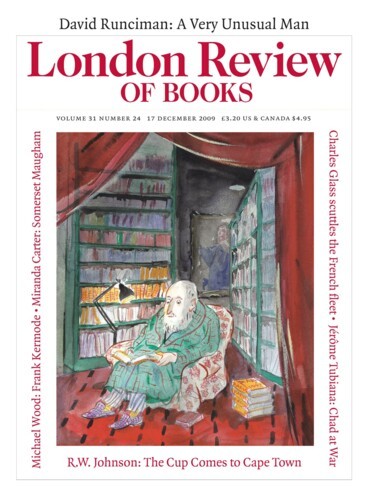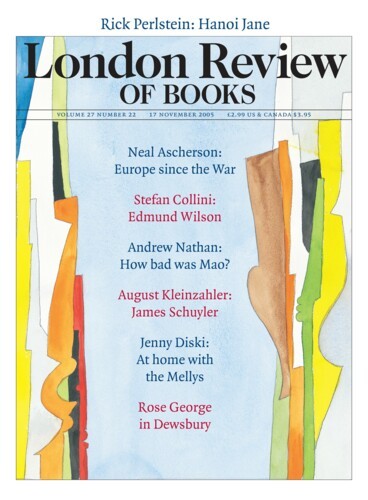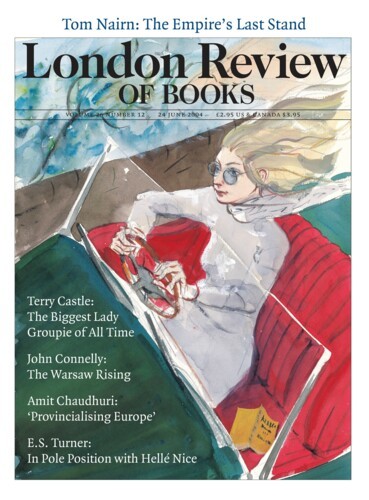Zhao’s Version: Zhao Ziyang
Andrew Nathan, 17 December 2009
In the afternoon of 23 April 1989, China’s highest-ranking official, the Party’s general secretary Zhao Ziyang, left from Beijing railway station for an official visit to North Korea. Zhao had considered cancelling the trip because of the student demonstrations that had broken out in Beijing eight days earlier, but decided it wasn’t necessary. The crisis seemed to have...



